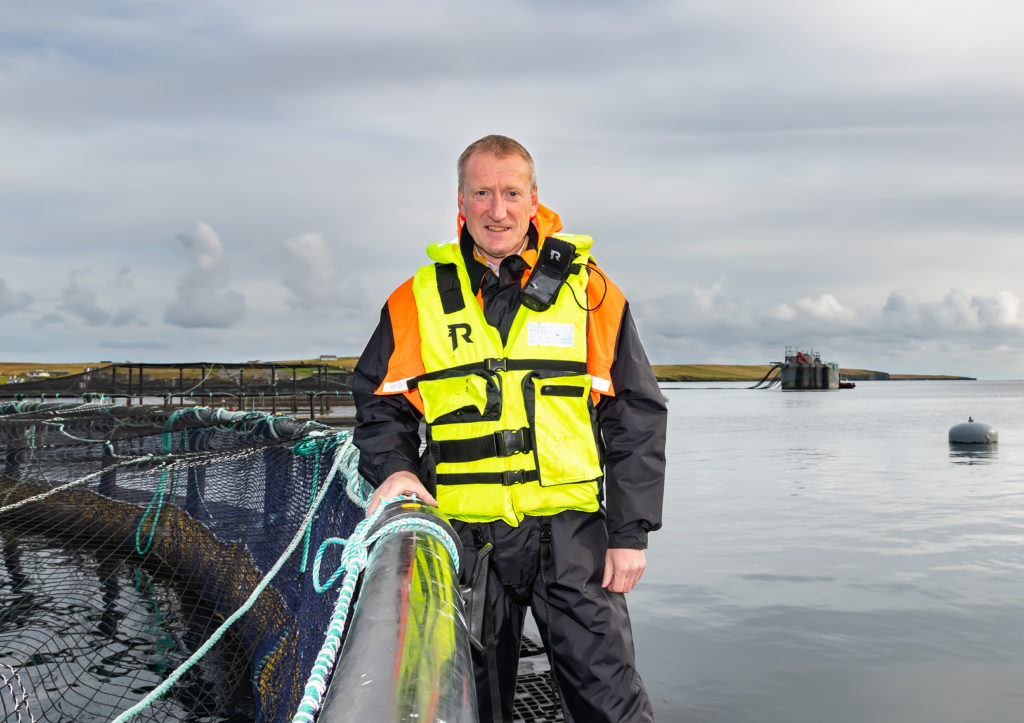‘Disappointment’ at lack of progress on digital EHCs

An argument has broken out over a pilot scheme aimed at speeding up Brexit paperwork for seafood exporters which has been terminated. Salmon producers have expressed disappointment at the slow pace of progress towards the next phase of the scheme, but the UK Government says it is still on track.
The beta test programme, carried out by Defra (the UK government’s Department for Environment, Food and Rural Affairs) with salmon producer Cooke Aquaculture, involved a digitised version of export health certificates (EHCs) which have been required for all animal-based exports to the European Union since the UK formally left the EU single market at the start of 2021.
Seafood industry businesses believe that digitising the paperwork would reduce errors in the system and reduce the time and cost involved in the process. Defra has now informed Cooke that the study is being brought to a close, but there appears to have been some miscommunication over what happens next and how long it may take.
A spokesperson for Defra said: “These claims are untrue – as has always been the case, the first pilot is ending with the intention of moving into a second phase of delivering fully digitised certification for exports.
“We will begin to test this new and improved service from early 2024, and will draw upon the feedback and insights learnt in the pilots. This will provide the capacity to send digital certificates to the European Union and further afield, delivering more than the original testing programme.”
Exports to EU countries of Scottish salmon totalled £368m last year, making up 64% of the industry’s £578m overseas market. Salmon is the UK’s top food export by value. The crucial entry points for Scottish seafood to the European markets are Boulogne-sur-Mer and Calais, and it was hoped the digital system would be rolled out to these ports before being extended across the EU.

Tavish Scott
The industry was clearly hoping for a faster roll-out of the digital scheme. Tavish Scott, Chief Executive of Salmon Scotland, said: “We can confirm we have been informed of a further delay to the introduction of an end-to-end digitised export paperwork system, which leaves salmon companies with ongoing red tape costs which have already been racking up for more than two-and-a-half years.
“Farm-raised salmon is the UK’s largest food export, and we need governments to reduce the burden on our sector so that we can grow sustainably, produce more nutritious food, create highly-skilled jobs, and boost the Scottish and UK economies.
“The sector is disappointed with the length of time this is taking, but we’re pleased there will be work to develop a global export system – and we’ll be the first to put our hands up and volunteer to help develop and test it.
“We want to do everything to avoid further delays and additional costs when it comes to exporting our world-famous salmon, which is in increasing demand across the globe.”
Donna Fordyce, CEO of Seafood Scotland, said: “I am disappointed that, more than a year after setting up a pilot programme to test a new, digital system, which would save the Scottish seafood industry hundreds of thousands of man hours in completing paper forms, we still have nothing more permanent in place… we would urge Defra to make this a priority to support seafood businesses so that they can export their highly perishable premium seafood in a nimble and efficient way as quickly as possible.”

